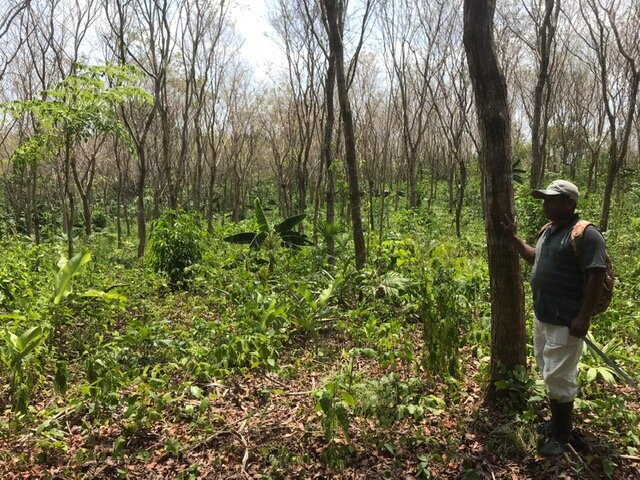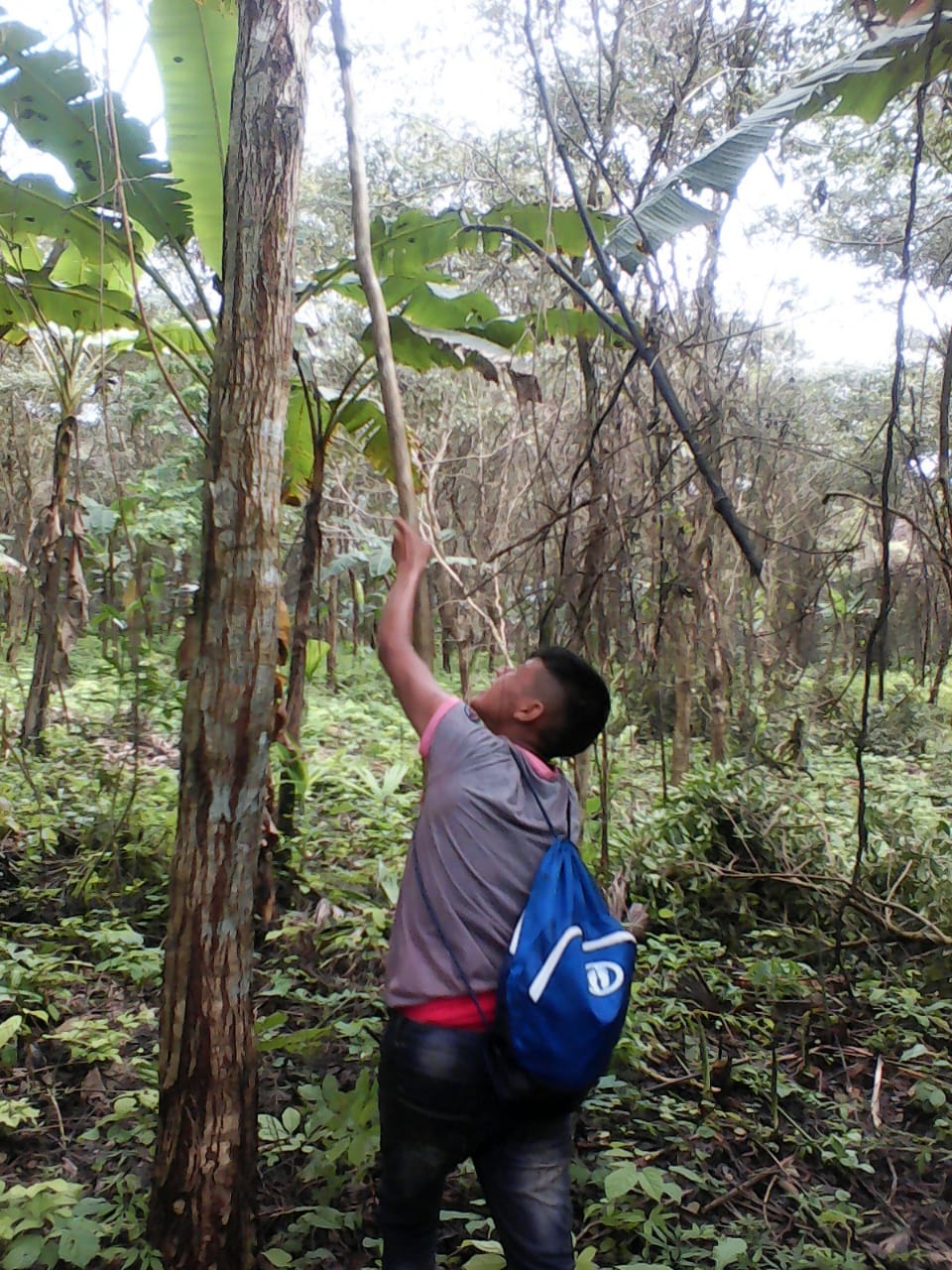Arimae finally gains legal title to its land
/Arimae receives its land title during a ceremony in the community. Photo courtesy of El Siglo.
After a long struggle, our partner community Arimae finally received its land title from the government of Panama. We’ve been working with Arimae since 2007 and currently have 15 hectares of timber plantations on their land.
The biggest benefit to having a land title is that now the community doesn’t have to enter into judicial processes every time it wants to expel squatters from their territory. Defending their territory from squatters has always been difficult because the Pan-American highway cuts through the middle of it, allowing for easy access. The land title covers more than 20,000 acres, more than half of it forested.
One of our founders, Damion Croston, lived in Arimae between 2004-2006 and learned firsthand about its struggles over the decades to secure its land title. Subsequently, our land lease payments helped to support the community financially by covering the costs of many trips by leaders to government offices and legal fees. However, our contribution was minor compared to the time and financial resources the community’s leaders and members invested to secure their title.
Colleagues at the Rainforest Foundation US who provided support to the community during their struggle posted this blog about the formal ceremony the community held when they received the official title from the government.
We congratulate Arimae on their success, and are happy that they can now focus their time and resources on strengthening their community culturally and economically.
Read more about the story (in Spanish) on Panamá’s El Siglo website.








